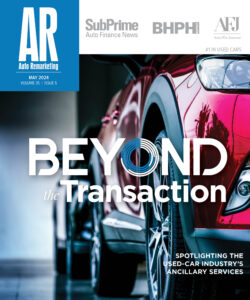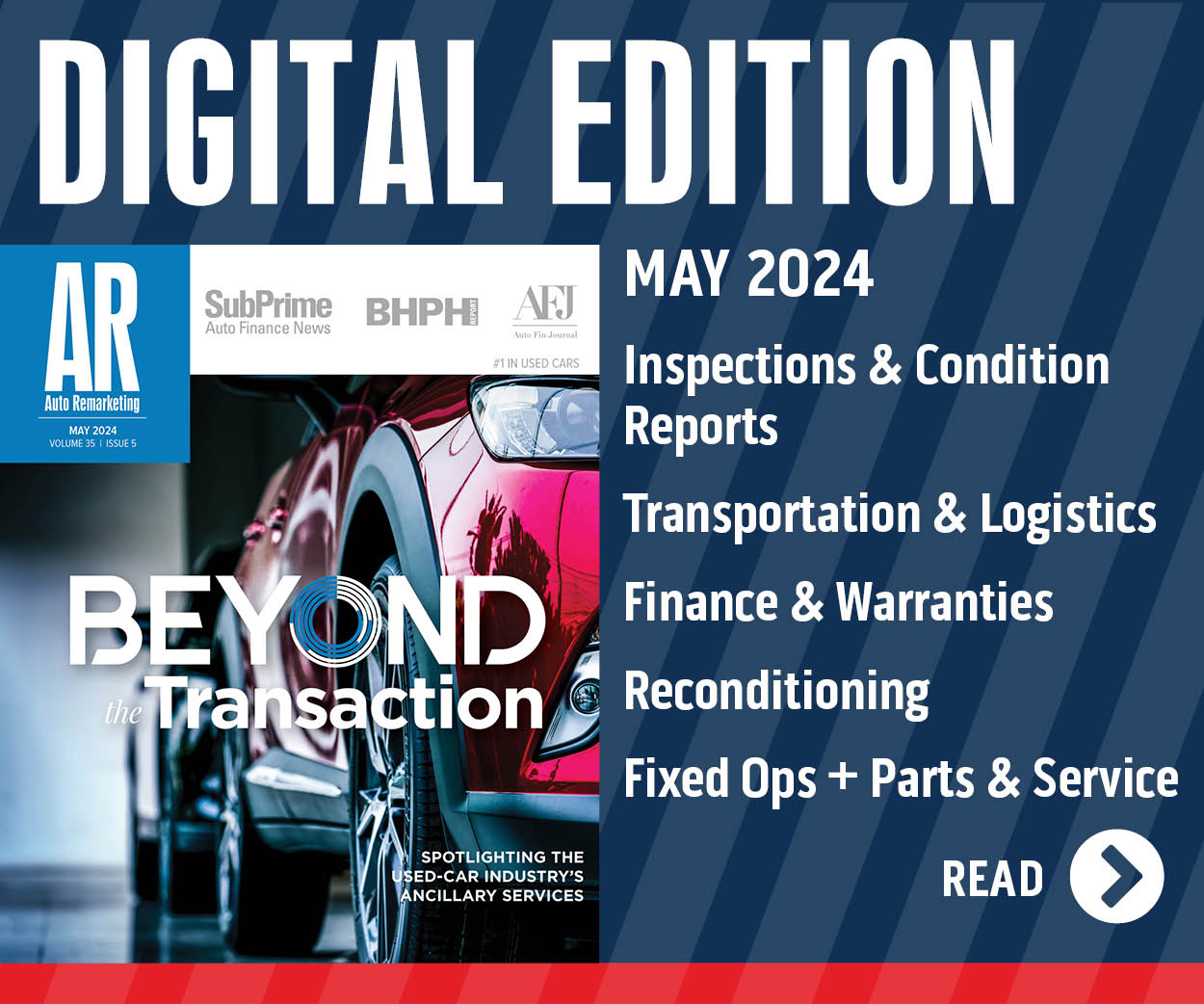Pa. Gov.: Sales Tax Cut Can Help Vehicle Sales
EAST NORRITON, Pa. — Addressing the Automobile Dealers Association of Greater Philadelphia late last week, Pennsylvania Gov. Edward Rendell argued that his proposed state sales tax cut can lead to improved auto sales and help close future state budget gaps.
"My proposal lowers our sales tax rate by a third, increases the fairness of our business and sales tax systems and helps our state avoid the financial crisis that we know is only 18 months away," the governor told the dealer association's members.
"We will eliminate special interest exemptions on items except necessities like food, clothing and medications, and increase fairness because every item not subject to the sales tax makes the tax on everything else far too high," he added.
Specifically, Rendell proposes trimming Philadelphia's sales tax rate from 8 percent to 5.3 percent. The governor is looking to reduce the sales tax in the Philadelphia suburbs and the remainder of state from 6 percent to 4 percent. (Allegheny County, however, would see a reduction from 6 percent to 4.7 percent).
The governor added that there would be close to $500 in tax savings on an average new-vehicle purchase in the Philadelphia suburbs if the tax cut goes through. Meanwhile, in Philadelphia, the savings would be close to $650.
Explaining the proposal further, officials noted that a Stimulus Transition Reserve Fund would hold all revenues generated from the sales tax change. The fund would not be able to be touched until July 2011, which would be after Rendell has left office.
At that time, the money can be used to help close the budget gap caused by the end of federal recovery funding. The budget gap is projected to be $2.3 billion.
"A year from now, when more than $2 billion in Recovery Act funds are gone, I will no longer be governor, but I can see it coming and I know if we take action today, we can avoid a budget crisis then. Taking the long view will save legislators from enacting huge tax increases that will be inevitable in the coming years," Rendell noted.
"Elected officials and pundits who suggest further budget cuts to make up for the ending of federal aid would be jeopardizing the kinds of state investments that made community revitalization possible," he continued.
"If we want our state to continue to invest in our cities, great communities and industries, we need to take the bull by the horns and get in front of this crisis," Rendell suggested.
Continuing on, officials explained the state's sales tax further. At the time of its 1953 adoption, "nearly all tangible goods" fell under the sales tax.
However, in the almost five decades since, the government has exempted 74 categories of goods or services as special interest groups pushed amendments through the General Assembly.
"For the average Pennsylvania family, the elimination of sales tax loopholes does not impact them one way or the other," Rendell argued. "But for auto dealers, retailers and related businesses, a lower sales tax rate will give them a stronger competitive edge.
"And businesses that have gotten a pass on sales taxes will now have to pay their fair share," he added.
Proponents also argued that the state would have lower sales tax rates than nearby Maryland, Ohio and West Virginia if the reduction is passed.
Additionally, they explained that the proposal not only would exempt food, clothing and prescription medications, but would also keep the original exemptions for manufacturers covering process, agriculture and machinery and equipment.

 View The Latest Edition
View The Latest Edition

